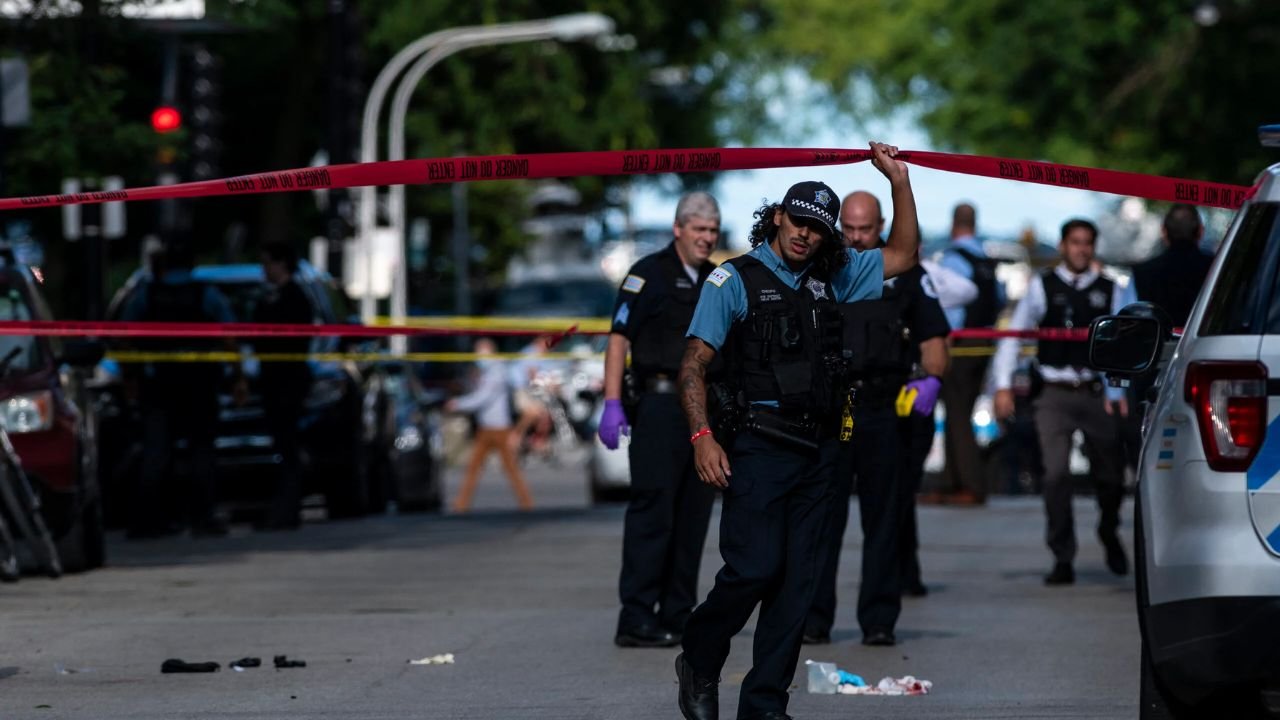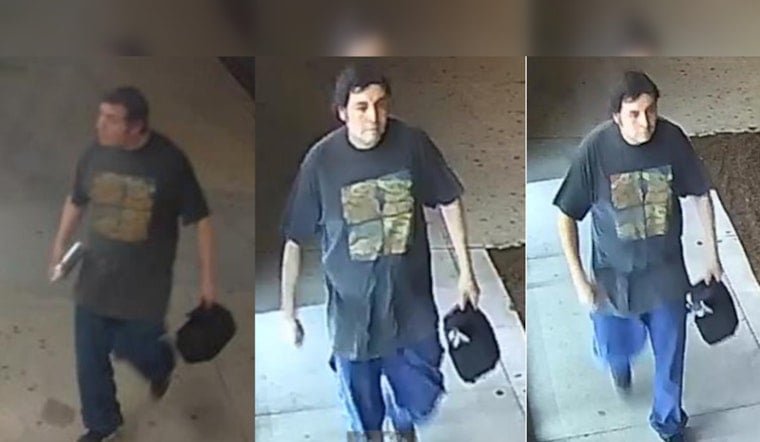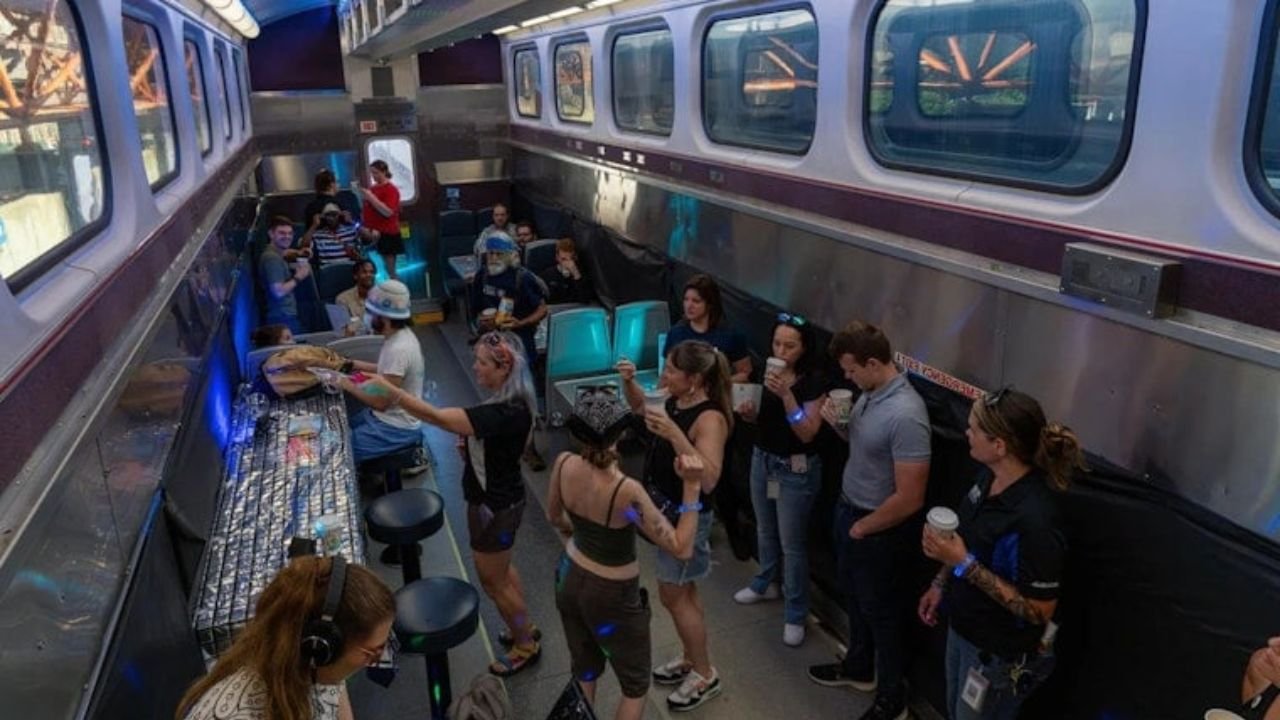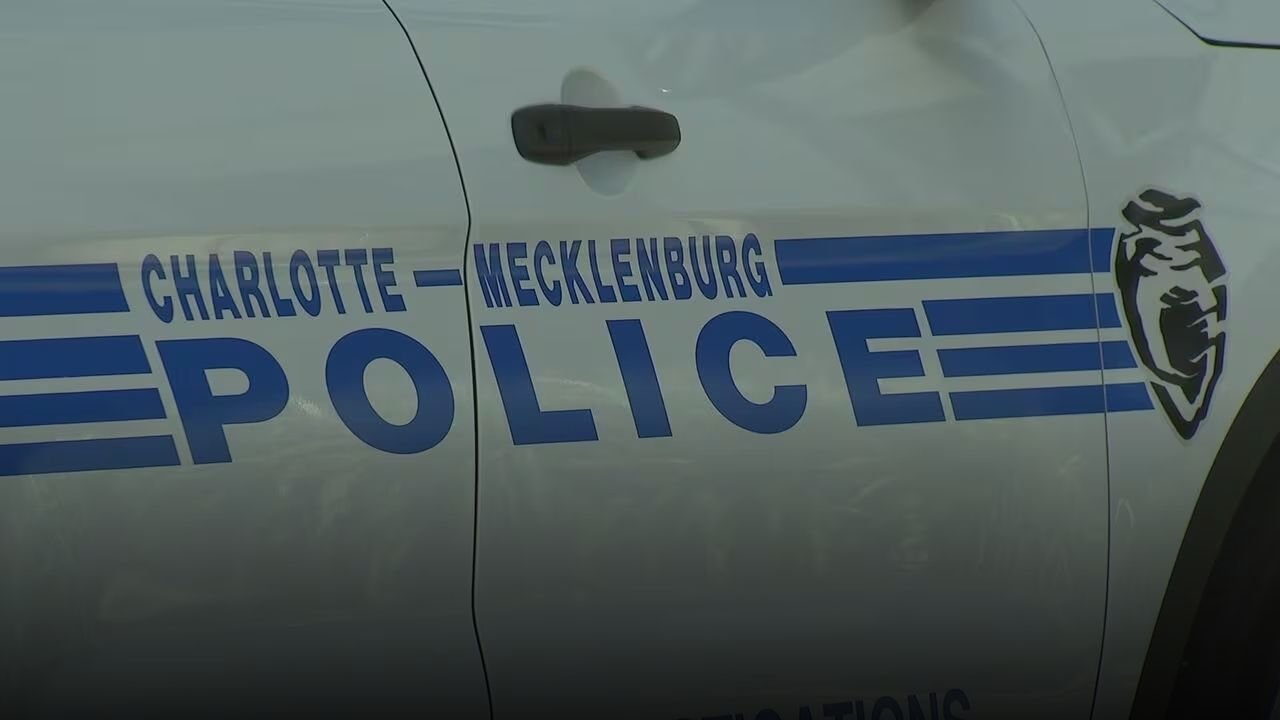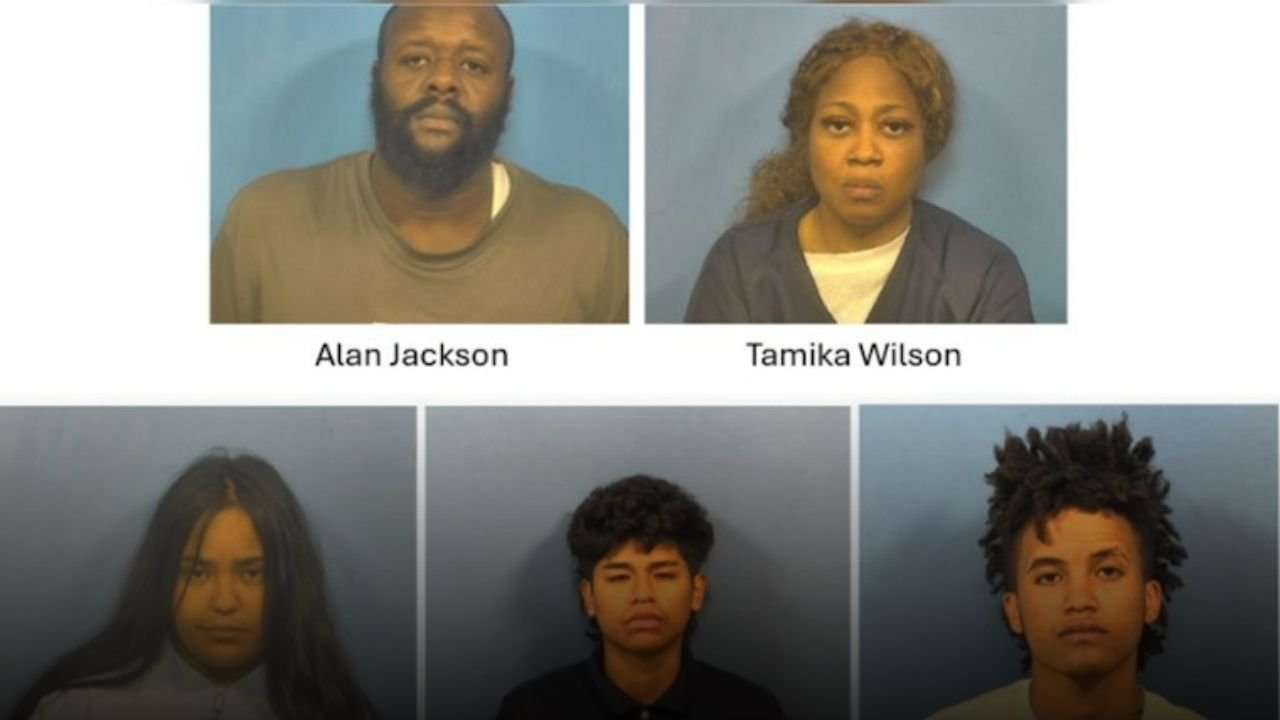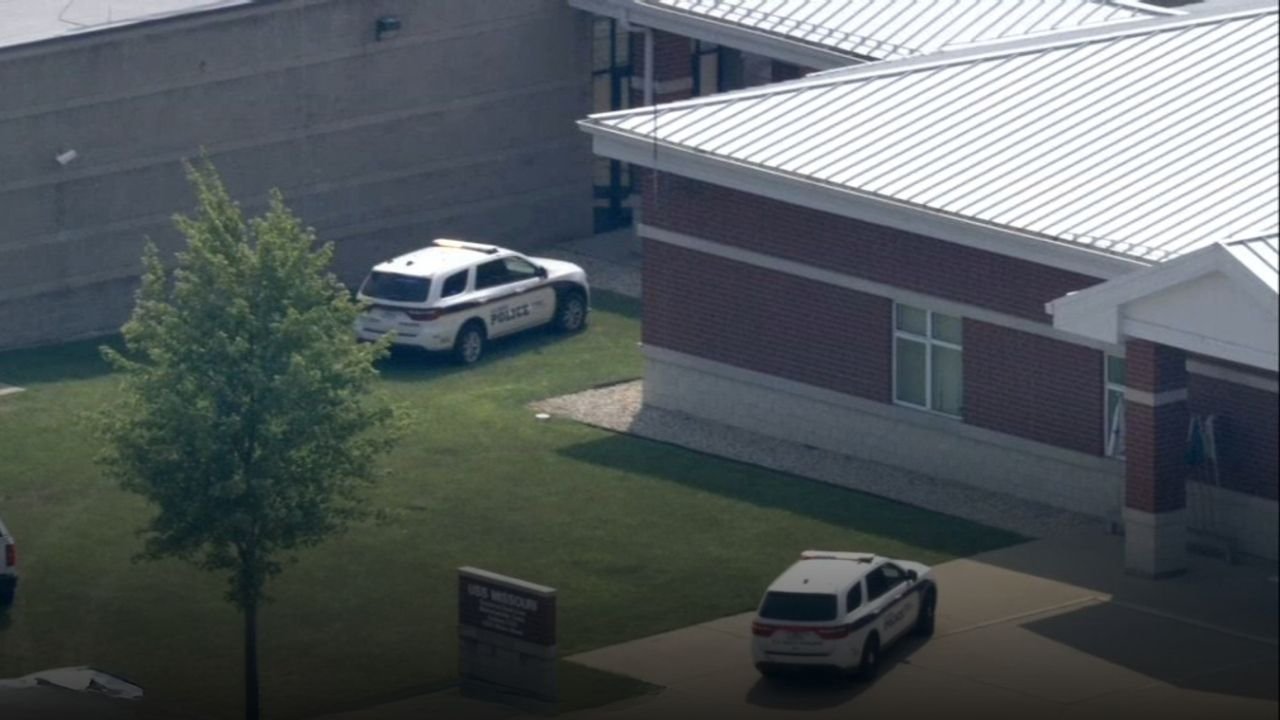CHICAGO — A new state law could force a major shift in how police departments across Illinois — including Chicago — report homicide investigations, after years of community frustration over unsolved murders and declining public trust.
The Illinois Homicide Data Transparency Act, passed in May 2025, requires law enforcement agencies to track and publicly share detailed breakdowns of how homicide cases are handled and closed. The move comes as advocates say current clearance rates in Chicago remain unacceptably low — and in many cases, misleading.
Why Clearance Rates Matter in Chicago
Despite a 20% drop in fatal shootings from 2022 to 2024, the Chicago Police Department (CPD) has seen little to no improvement in arrests made within a year of the crime. Gun violence prevention groups say this stagnation speaks to deeper problems within the department’s investigative practices — including inflated clearance rate statistics that count cases closed by so-called “exceptional means” (such as suspect death or refusal to prosecute) rather than actual arrests.
“This is about more than numbers,” said Alicia Schemel of Live Free Illinois, a faith-based safety initiative. “It’s about families getting answers and communities seeing justice actually served.”
Reforms Introduced — But No Big Results Yet
In response to criticism, CPD had commissioned the Police Executive Research Forum (PERF) to suggest improvements to homicide investigations. That 2019 report included 89 recommendations, prompting the department to:
-
Split detective units by region (e.g., West, South, North, Central sides)
-
Launch a Homicide Team Pilot Program
-
Open five digital tech centers to centralize surveillance analysis
-
Expand forensic staffing, including 19 new latent print examiners and a DNA Processing Unit
Yet critics say the department’s latest update on those efforts fails to evaluate whether these changes have improved real outcomes.
“We should be seeing at least some improvement,” said Rev. Ciera Bates-Chamberlain, also with Live Free Illinois. “The community deserves more than surface-level reform.”
New Tech Helps, But Trust Still Lagging
CPD has begun leveraging newer tools — like centralized video review hubs in collaboration with the University of Chicago Crime Lab, and a Crime Gun Intelligence Center to speed up ballistic analysis. Officers are now also being trained in trauma response, bias awareness, and grief communication with victims’ families.
But survivors say none of this means much if detectives fail to communicate or close cases.
“They don’t keep families informed. That’s why trust is so low,” said Bates-Chamberlain, citing feedback from residents across the South and West sides.
Schemel, a gun violence survivor herself, said she moved away from Chicago after her father’s unsolved murder left her fearful for her safety.
What the New Law Will Require
Starting July 2026, police departments across Illinois must:
-
Report homicide clearance rates by specific category (arrests vs. exceptional means)
-
Use standardized templates for case status
-
Provide transparent timelines and explanations for unsolved cases
Advocates believe this visibility will help prevent inflated statistics and force departments to prioritize real case resolutions.
“This isn’t just about pressuring police — it’s about empowering the public to ask better questions,” Schemel said.
Can Transparency Lead to Justice?
Even with new tech, more detectives, and state-level oversight, Chicago residents say what they want most is honest accountability. The community’s faith in police can only be rebuilt if victims and their families are prioritized — not left in the dark.
PERF Executive Director Chuck Wexler emphasized: “It’s not just about increasing clearance rates. It’s about getting the right person, with the right evidence, and making the case stick.”
What Do You Think?
Should Chicago police be more transparent about unsolved cases in your community? Have you or someone you know been impacted by unsolved gun violence?
Share your story and join the conversation in the comments at ChicagoSuburbanFamily.com

